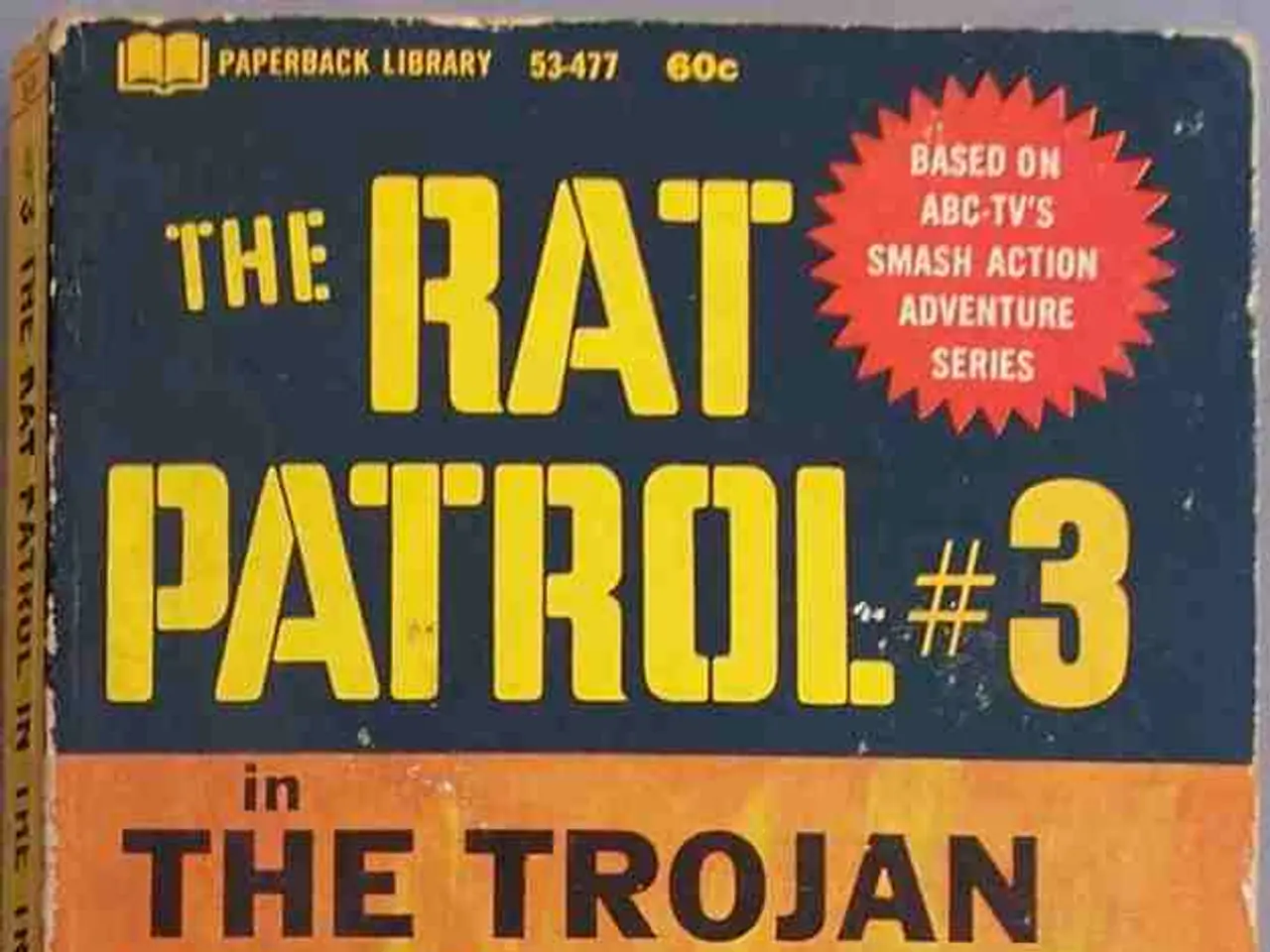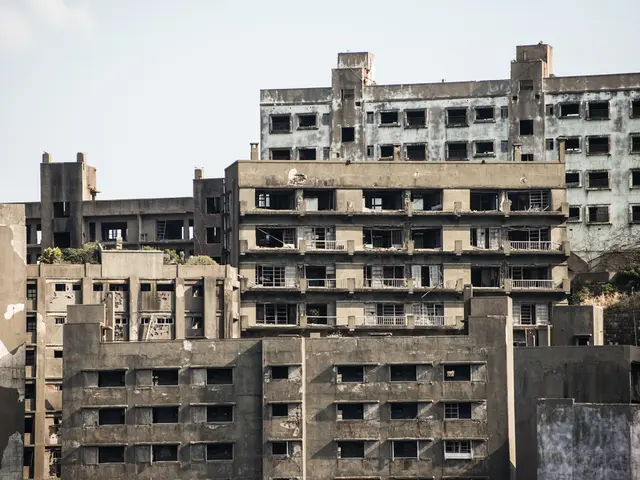Vietnam's forests and mangroves were devastatingly impacted by Agent Orange and Napalm during the war, and the damage persists to this day.
The Vietnam War, which ended in 1975, left a profound and lasting mark on the environment of Vietnam. The use of enormous concussive bombs, known as "daisy cutters", and other environmental modification technologies caused widespread destruction, contamination, and ecological collapse.
Forests and mangroves, critical to Vietnam's ecosystem, were devastated. Up to 30% of Vietnam’s forests were destroyed by Agent Orange, napalm, and aerial bombing. Mangrove swamps were largely destroyed beyond recovery, wiping out important animal habitats, including those of species like the Indochinese tiger.
Agricultural land and forests were severely damaged, leading to barren landscapes and intensified soil erosion. This reduced Vietnam’s ability to sustain traditional farming and exposed land to degradation.
The use of Agent Orange, a defoliant containing the highly toxic chemical dioxin, resulted in persistent contamination of soil, water sources, and even human tissues. Elevated dioxin levels have been found in affected areas such as Da Nang and Bien Hoa, contaminating the food chain and creating ongoing health and environmental hazards.
The destruction of forests and water habitats, coupled with chemical toxicity, led to the collapse of many wildlife populations. The loss of biodiversity disrupted ecosystem balance and made recovery difficult even decades later.
The contamination poisoned fields and water, destroying livelihoods dependent on rice cultivation and fishing. Vietnamese villagers and soldiers experienced chronic illnesses, birth defects, miscarriages, and stillbirths, linked to chemical exposure in sprayed areas. Veterans exposed to Agent Orange also suffered long-term health consequences.
Despite these profound ecological and human impacts, there was initially little political will to address the consequences thoroughly. The recovery process is ongoing, complicated by persistent chemical residues and ecological instability.
The U.S. also engaged in weather modification through Project Popeye, seeding clouds with silver iodide to prolong the monsoon season. However, the long-term effects of this project are less understood.
In 2018, the Da Nang airport remediation project treated 150,000 cubic meters of dioxin-laden soil at a cost of over $115 million, paid mostly by the U.S. Agency for International Development (USAID). Remediation of the Bien Hoa airbase, another major hot spot for dioxin contamination, began in 2019.
Vietnam was the first country to legally state in its penal code that "ecocide" constitutes a crime against humanity. However, the law has resulted in no prosecutions, despite several large pollution cases. An international campaign is underway to amend the Rome Statute of the International Criminal Court to add ecocide as a fifth prosecutable crime alongside genocide, crimes against humanity, war crimes, and aggression.
The failure to address ecological consequences during war and after will have long-term effects. There is a need for political will to ensure these impacts are neither ignored nor repeated. The Vietnam War serves as a reminder of how environmental modification as a warfare tactic can cause lasting damage.
- The science of environmental-science reveals the detrimental impact the Vietnam War had on the earth, with the use of treatment agents like Agent Orange causing widespread ecological collapse.
- The future health of Vietnam's environment remains uncertain, as remediation efforts for contaminated areas continue, such as the Da Nang airport and Bien Hoa airbase.
- General-news reports show that space and tech are not the only domains where humanity exerts influence, as in the past, war-and-conflicts and politics have left lasting marks on the earth’s environment.
- The devastation caused to forest and mangrove ecosystems during the Vietnam War led to Climate-change consequences, as destroyed habitats disrupted the earth's ability to regulate its carbon cycle.
- Despite the initial lack of political will to address the ecological damage caused by the Vietnam War, there is now a call for action to prevent such environmental catastrophes in the future.
- Research in environmental-science warns that the destruction of wildlife populations during the Vietnam War disrupted the earth's delicate ecosystem balance, causing long-term consequences that may still be felt today.
- The ongoing recovery process in Vietnam highlights the important connection between human health and the environment, as polluted water sources, soil, and human tissues continue to pose health hazards.
- As the world faces increasing environmental challenges due to human activities, the lessons learned from the Vietnam War should serve as a reminder that the health of the earth, its animals, and its people are inextricably linked, and we must prioritize the preservation of our shared environment for the sake of a more sustainable and peaceful future.






